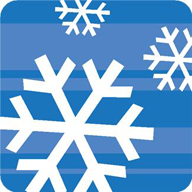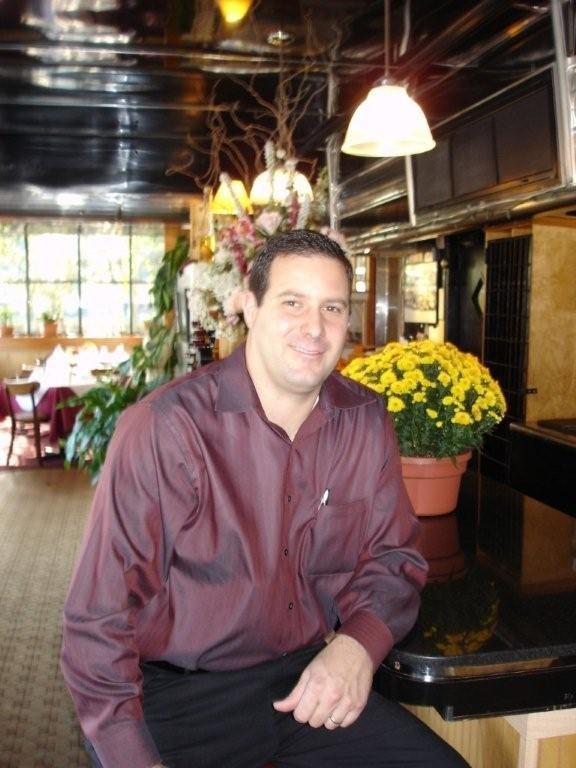County Health Dept. Advises Residents With Winter Weather Tips/Warming Shelters Available
 With the onset of snow and extremely cold weather this week, the Westchester County Department of Health reminds residents how to avoid hypothermia and frostbite, to use gas-powered tools and generators outdoors only and to take care when using alternate heating sources.
With the onset of snow and extremely cold weather this week, the Westchester County Department of Health reminds residents how to avoid hypothermia and frostbite, to use gas-powered tools and generators outdoors only and to take care when using alternate heating sources.
“If you have elderly or ailing neighbors who live alone, be sure to check on them every day when the weather is cold,” said Health Commissioner Dr. Sherlita Amler. “Low temperatures can be life-threatening, especially for seniors, infants and people who are at increased risk for hypothermia. Accidental hypothermia can occur even with temperatures of 60 to 65 degrees, so I urge residents who have power, especially those households with seniors or infants, to keep their thermostats set at no less than 68 degrees during the daytime.”
Seniors and infants less than one year of age should never sleep in a cold room and should be dressed in warm clothing to prevent the loss of body heat. If a safe temperature cannot be maintained inside your home, make temporary arrangements to stay elsewhere.
Residents who are eligible can receive financial help to heat their homes this winter. To find out more about eligibility, call United Way’s 2-1-1 or the Department of Social Services HEAP unit at 914-995-5619. You may also check your eligibility at www.myBenefits.ny.gov. Applications can be downloaded from the county’s website at www.westchestergov.com/heap.
Warning signs of hypothermia in adults include stumbling, mumbling, fumbling and grumbling, shivering, slurred speech and confusion. Infants with hypothermia may appear sluggish, with very low energy and bright red, cold skin.
Frostbite is another cold weather concern and is especially dangerous because it often happens with little warning. Numbness can occur so quickly that the individual, unaware of being frostbitten, may remain
outside, increasing the chance of permanent damage. Older people, and those with diabetes, are especially vulnerable to frostbite because of impaired circulation.
When working, exercising or playing outdoors in cold weather, follow these tips to prevent frostbite and hypothermia:
- Start with synthetic or silk thermal underwear to wick moisture away.
- Add fleece or wool sweaters or sweatshirts to trap heat and keep cold out.
- Top it off with a waterproof or water-repellent jacket and pants.
- Add gloves, a hat and sturdy shoes or boots with good traction.
- Go indoors when you begin to feel cold.
If you think that someone is suffering from hypothermia or frostbite, call a medical provider immediately.
Residents who lose power and use a portable generator to fuel their homes must be aware that using a generator indoors can kill you in minutes. Never use a generator inside your house or in partly enclosed areas such as garages, basements, porches, crawlspaces, sheds, carports or breezeways, even if your windows are open. Generators should only be operated outside, away from open windows. Carbon monoxide in the generator’s fumes can build up and cause carbon monoxide poisoning, which can lead to death.
For the same reason, never start your snow blower or chain saw inside your garage, because the carbon monoxide these power tools give off can quickly overcome you. And camp stoves and portable barbecues should only be used outdoors.
The Health Department also reminds residents to take the following precautions when using alternate heating sources in their homes:
- Vent fireplaces, wood stoves and other combustion heaters to the outside.
- Always follow the manufacturer’s instructions for space heaters and wood burning stoves.
- Use only the type of fuel your heater is designed to use – don’t substitute.
- Keep space heaters on the floor, at least three feet away from water, furniture, rugs, bedding and curtains.
- Keep children and pets away from space heaters, fireplaces and wood stoves to avoid accidental burns.
- Wear non-flammable gloves and clothing when adding fuel to a fireplace or space heater.
- Never add fuel to a space heater when it is hot
- If you have a fire extinguisher, keep it nearby.
- Never leave candles burning if you leave the room.
If you lose power, call your utility company. Con Edison can be reached at 1-800-75-CONED; NYS Electric and Gas can be reached at 1-800-572-1131 for electrical outages and 1-800-572-1121 for gas.
For more information on cold weather safety, contact the Westchester County Department of Health at 914-813-5000 or visit www.westchestergov.com/health. You can also follow on Twitter @wchealthdept or on Facebook at Facebook.com/wchealthdept.
Warming Shelters Available
In light of the frigid temperatures, County Executive Robert P. Astorino emphasized the availability of warm places to stay overnight for anyone seeking shelter from the cold. Families seeking shelter – or anyone who knows of a family in need – should contact Emergency Services at (914) 995-2099 immediately. The hotline is available 24 hours a day, 7 days a week.
While families should contact Emergency Services first, single individuals can contact the following five warming and drop in centers directly:
|
Peekskill and Surrounding Area Jan Peek Shelter (Co-ed facility) |
White Plains and Surrounding Area Samaritan House Shelter (Female only facility) 33 Church St. White Plains (914) 948-3075 Accessible by Bee-Line bus route # 1,5,6,13,14,15,40,41 |
|
| Oasis Shelter (Co-ed facility) 19 Washington Ave. New Rochelle (914) 633-0101 Accessible by Bee-Line bus route # 7,42,45,60,66 |
Open Arms Shelter (Male only facility) 86 East Post Rd. White Plains (914) 948-5044 Accessible by Bee-Line bus route # 1,5,6,13,14,15,40,41 |
|
| Yonkers and Surrounding Area Sharing Community (Co-ed facility) 1 Hudson St. Yonkers (914) 963-2626 Accessible by Bee-Line bus route # 1,2,3,4,5,6,8,9,25,30 |
||

Adam has worked in the local news industry for the past two decades in Westchester County and the broader Hudson Valley. Read more from Adam’s author bio here.


